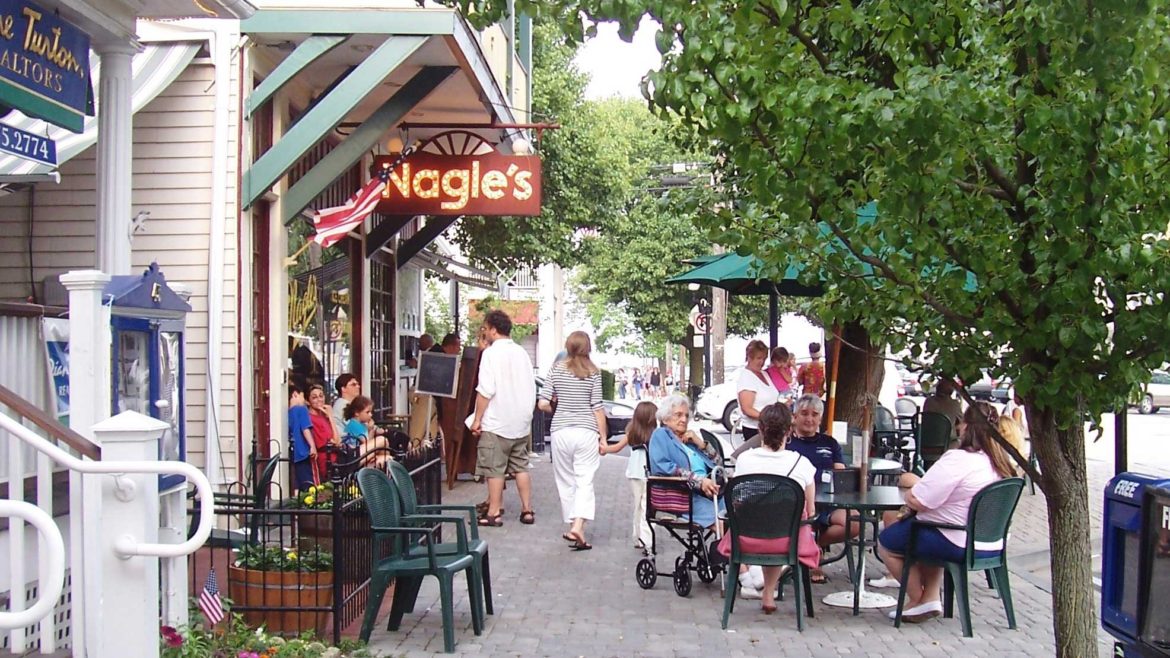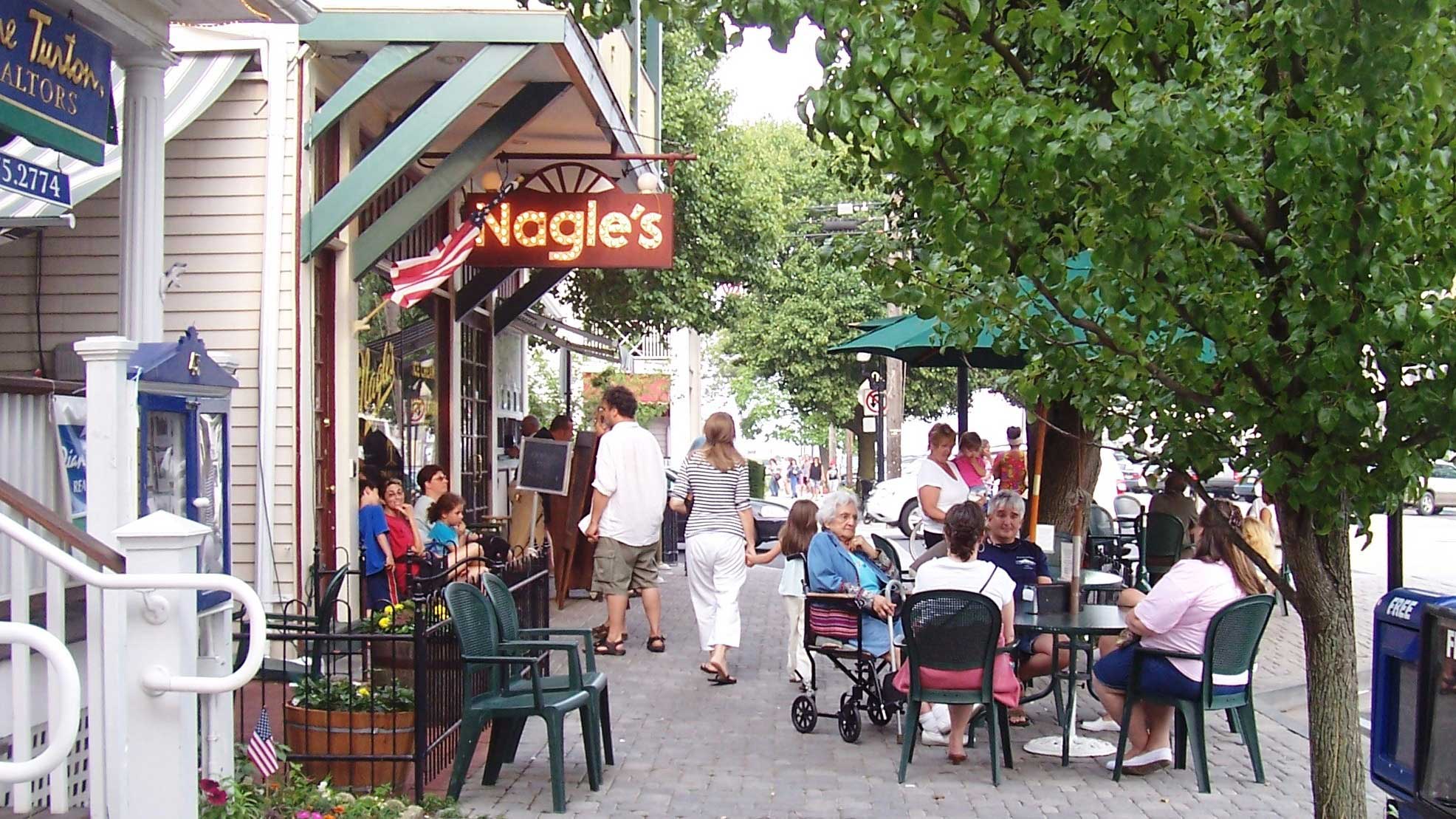
“A Yale University study just this month found that in a group of 4,765 people with an average age of 72, those who carried a gene variant linked to dementia—but also had positive attitudes about aging—were 50% less likely to develop the disorder than people who carried the gene but faced aging with more pessimism or fear,” writes Jeffrey Kluger and Alexandra Sifferlin for Time. “There may be something to be said then for aging less timidly–as a sort of happy contrarian, arguing when you feel like arguing, playing when you feel like playing. Maybe you want to pass up the quiet of the country for the churn of a city. Maybe you want to drink a little, eat a rich meal, have some sex.” Kluger and Sifferlin quote Howard Friedman, professor of psychology at the University of California, Riverside, and co-author of The Longevity Project, “‘We live in a self-help society full of lists: lose weight, hit the gym. So why aren’t we all healthy? People who live a long time can work hard and play hard.’ Under the right circumstances, it increasingly seems, so could all of us.” “In the U.S., 80% of people ages 65 and older are now living in metropolitan areas, and according to the World Health Organization, by 2030, an estimated 60% of all people will live in cities–many of them over age 60. You may lose a little sidewalk speed and have to work harder to get up and down subway stairs, but cities increasingly rank high on both doctors’ and seniors’ lists of the best places to age gracefully.” “Every year, the Milken Institute Center for the Future of Aging (CFA) ranks the best metropolitan places for successful aging, and most years, major cities sweep the top 10 spots. No wonder: cities tend to have strong health systems, opportunities for continued learning, widespread public transportation and an abundance of arts and culture. That’s not to say that people can’t feel isolated or lonely in cities, but you can get lonely in a country cottage too. In cities, the cure can be just outside your door.” “‘We all long to bump into each other,’ says Paul Irving, the chairman of the Milken Institute CFA. ‘The ranges of places where this can happen in cities tend to create more options and opportunities.'”








